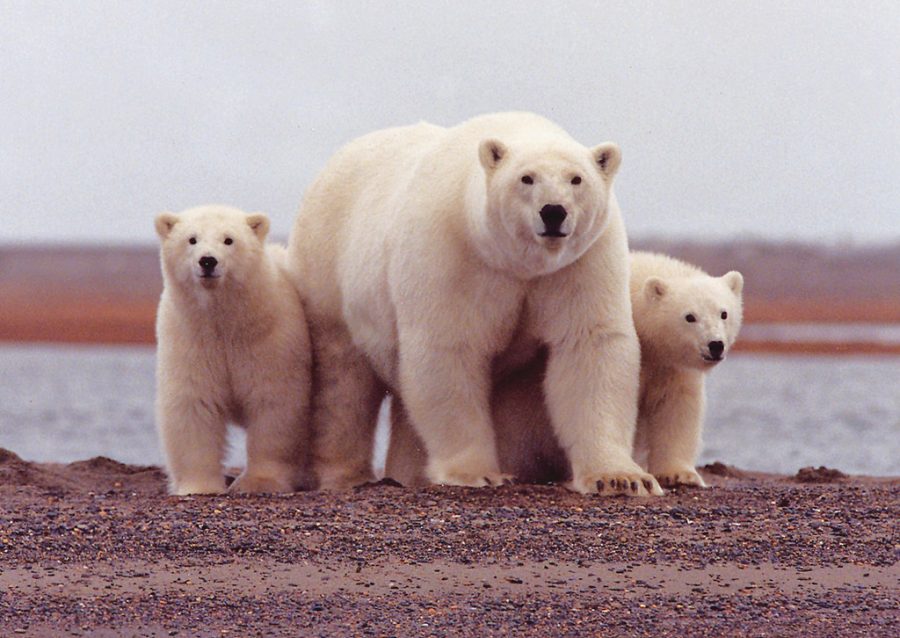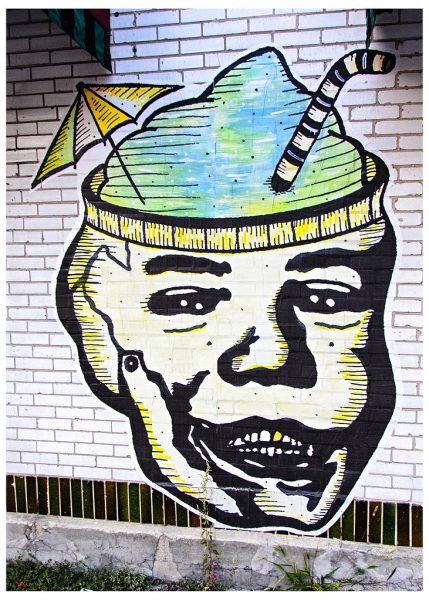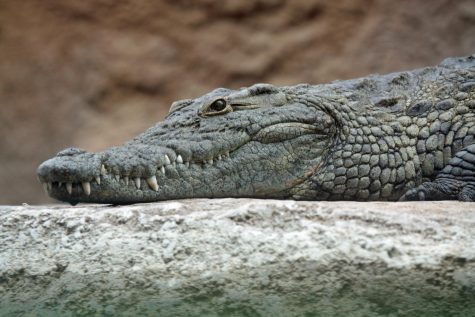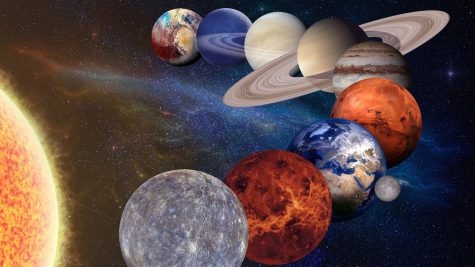Polar Bear Extinction
Do you know what the largest bear species is? (Hint: they live on ice!) Yep, you guessed it, polar bears! We all love the big ball of fur, with curved little ears, and a stubby tail. Scientists have confirmed by the end of the century, polar bears will go extinct by 2100.
Scientists have confirmed that 2020 has been the second warmest year on record, following 2019, with the prior decade having seven blazing ten years in history.
Due to climate change, the arctic ice is melting, which leads to the polar bears having a difficult time catching seals; which they need 43 yearly. The ice breaking forces the carnivores to retreat to land, attempting to find food for themselves and their cubs.
“You need the sea ice to capture your food,” Dr. Molnar said. “There’s not enough food on land to sustain a polar bear population.” Polar bears can use their energy from fat that they have saved up from their seal diet.
If this continues without getting their rightful amount of food, the decreased nursing of cubs by their mothers, would lead to accelerated declines in reproduction and survival. Dr. Steven Amstrup, chief scientist of Polar Bears International, who also helped in the research, informed BBC News: “What we’ve shown is that, first, we’ll lose the survival of cubs, so cubs will be born but the females won’t have enough body fat to produce milk to bring them along through the ice-free season.”
Arctic ice extends in the winter and melts in spring and summer. In the newly decades the region has warmed quickly, the ice area in summer has decreased by about 13 percent per decade. In comparison to the 1981-2010 average.
Polar Bears have an important part in the general health of the marine environment and they are at the top of the food chain. They keep a balance between the seals and other prey from becoming overpopulated. If polar bears go extinct, then the seal’s population will enlarge and soon the seal’s prey will come to an end. Sooner than later, the seal’s will go extinct.
We can help save the polar bears if we work together and help the climate!

Daniella Albuquerque is a fourteen year old who attends CMS. She has lived in New Jersey her whole life and has never adventured out of the country. She...







